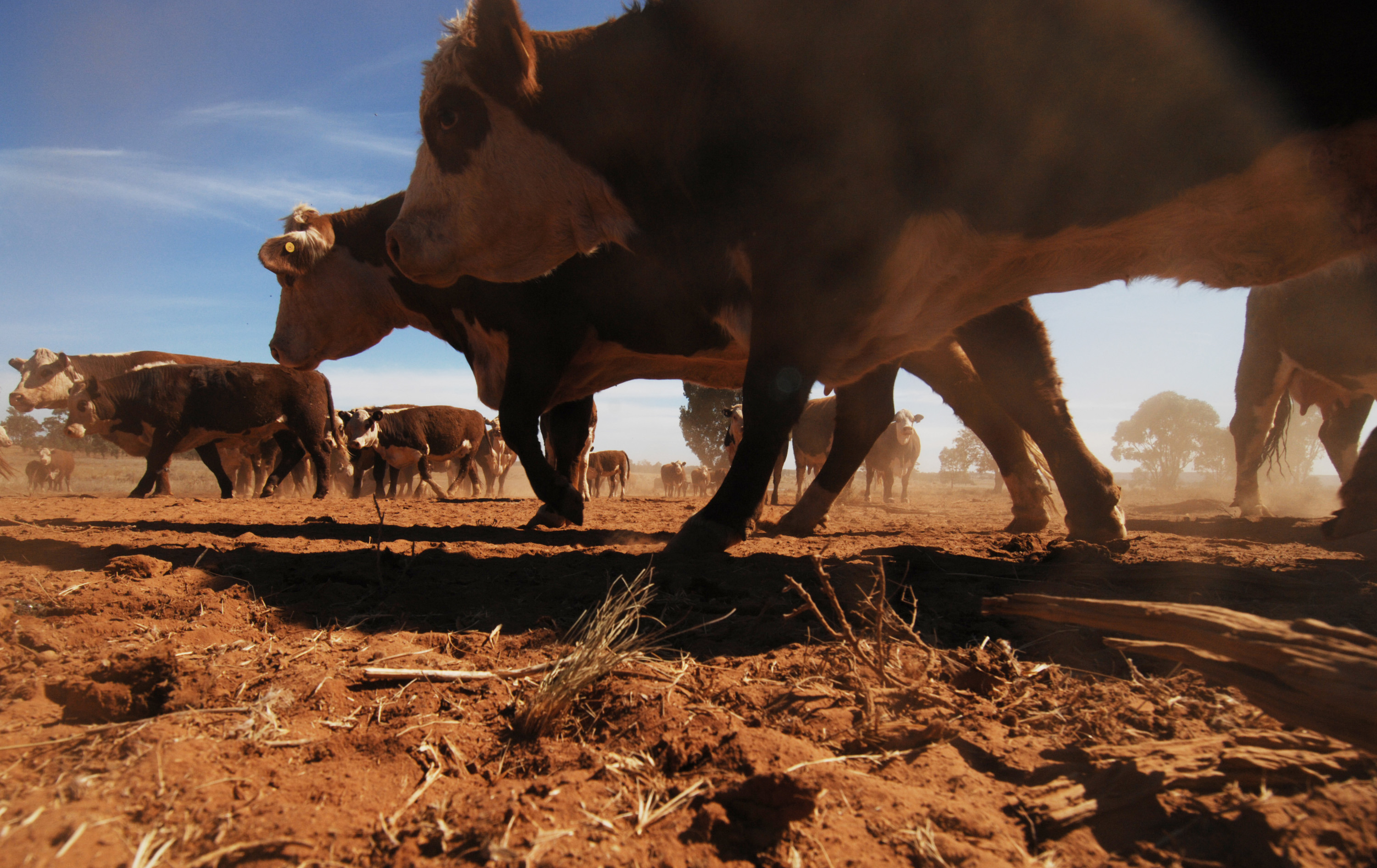MSU Researcher Who Linked Farming Technique to Cooler Temps Wins Award
Author: Skip Anderson
BOZEMAN — A Montana State University researcher studying farming practices that may decrease summertime temperatures recently received a $500,000 CAREER Award from the National Science Foundation.
The CAREER Award is the NSF’s most prestigious award to support early career development of faculty researchers. It’s particularly notable because it is awarded to a single person instead of a team, honoring outstanding faculty who haven’t yet received tenure.
The grant will further the work of Paul Stoy, assistant professor of land resources and environmental sciences in the MSU College of Agriculture. Stoy, who has an undergraduate degree from the University of Wisconsin and a Ph.D. from Duke University, studies the exchange of water, energy and trace gases between the land surface and the atmosphere. His work quantifies how land-use change and land management, including conservation, impact climate.
“There is a large region in the Dakotas that extends well into Canada that has been cooling in summer, which bucks the global warming trend,” Stoy said. “Very few people have studied the mechanisms that underlie this, and that’s partly because it’s so difficult to model cloud formation and convective precipitation.”
Stoy’s current research focuses upon the benefits believed to be brought about through planting crops instead of leaving fields unplanted for a growing season, a practice known as fallowing. In the Northern Great Plains, farmers have reduced the amount of land held in fallow in favor of no-till planting techniques, which may be responsible for the region’s decades-long cooling trend.

